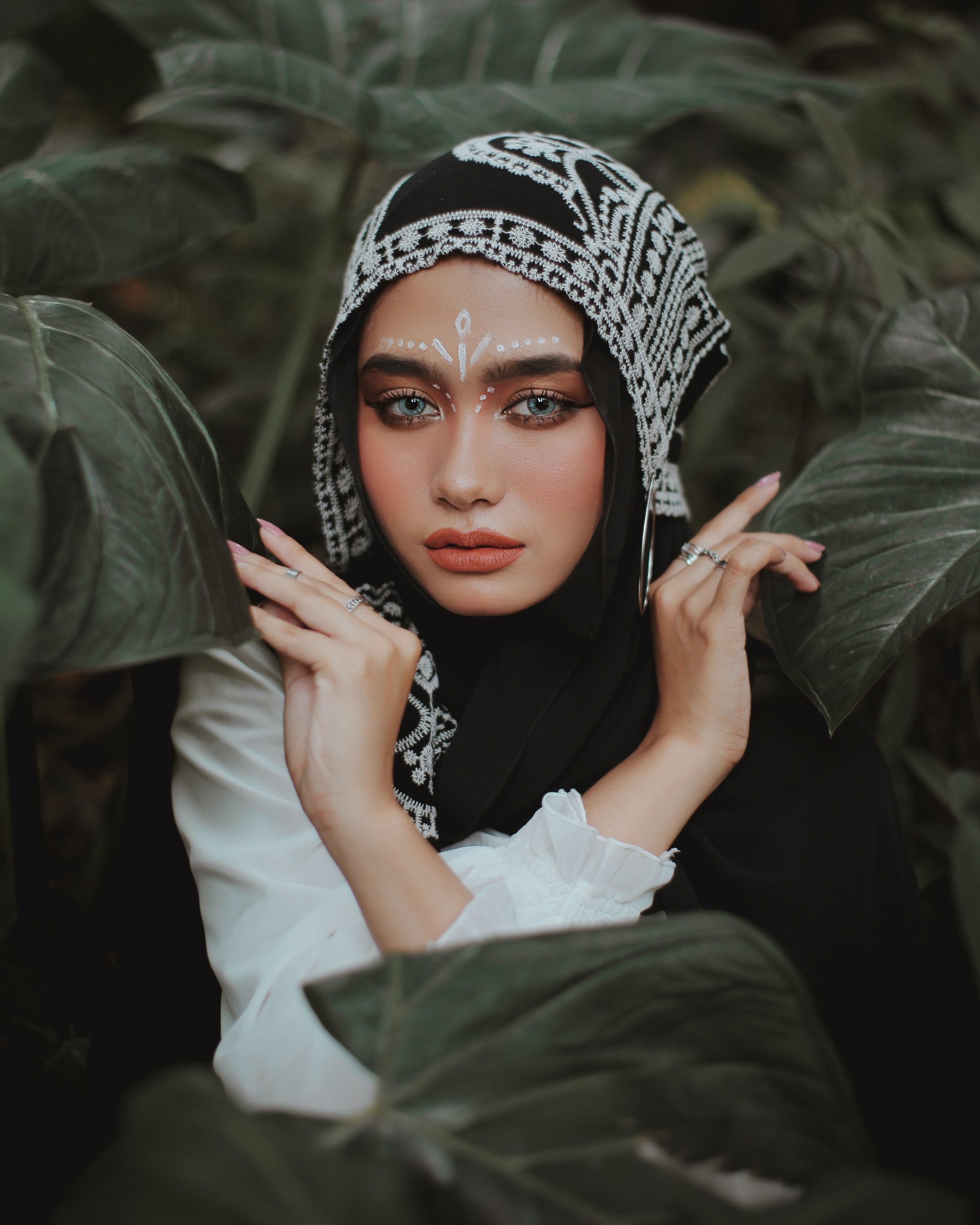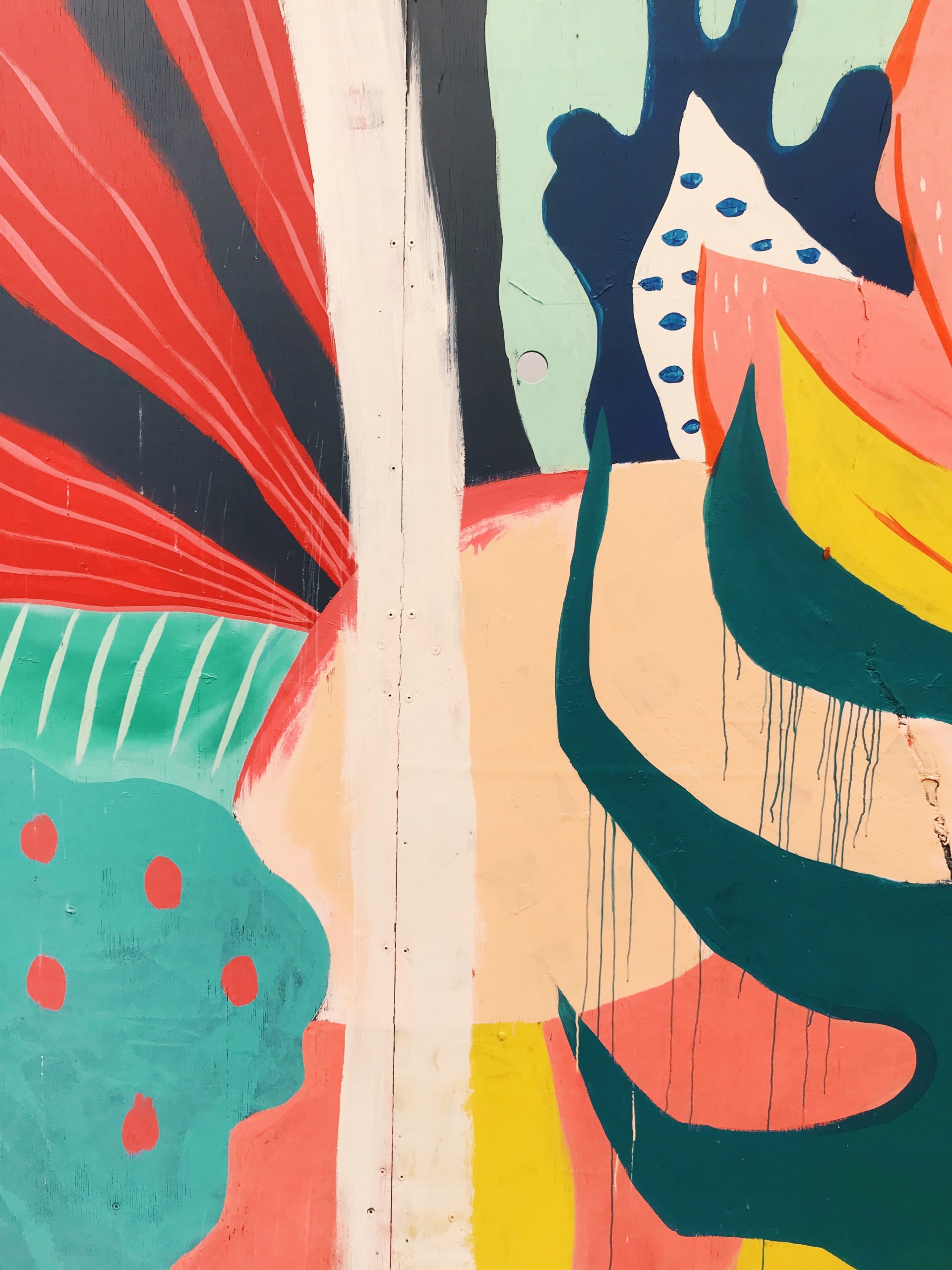‘Super-Hijabi’ is the kind of representation Muslims can trust. It is an unapologetically Muslim superhero movie that features a young Muslim girl as its main character. According to Muslim Kids TV, “‘Super Hijabi’ is the kind of movie that has been missing in mainstream media and we are here to fill the gap.”










